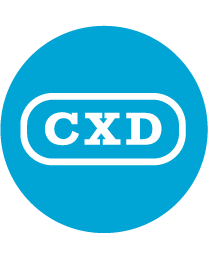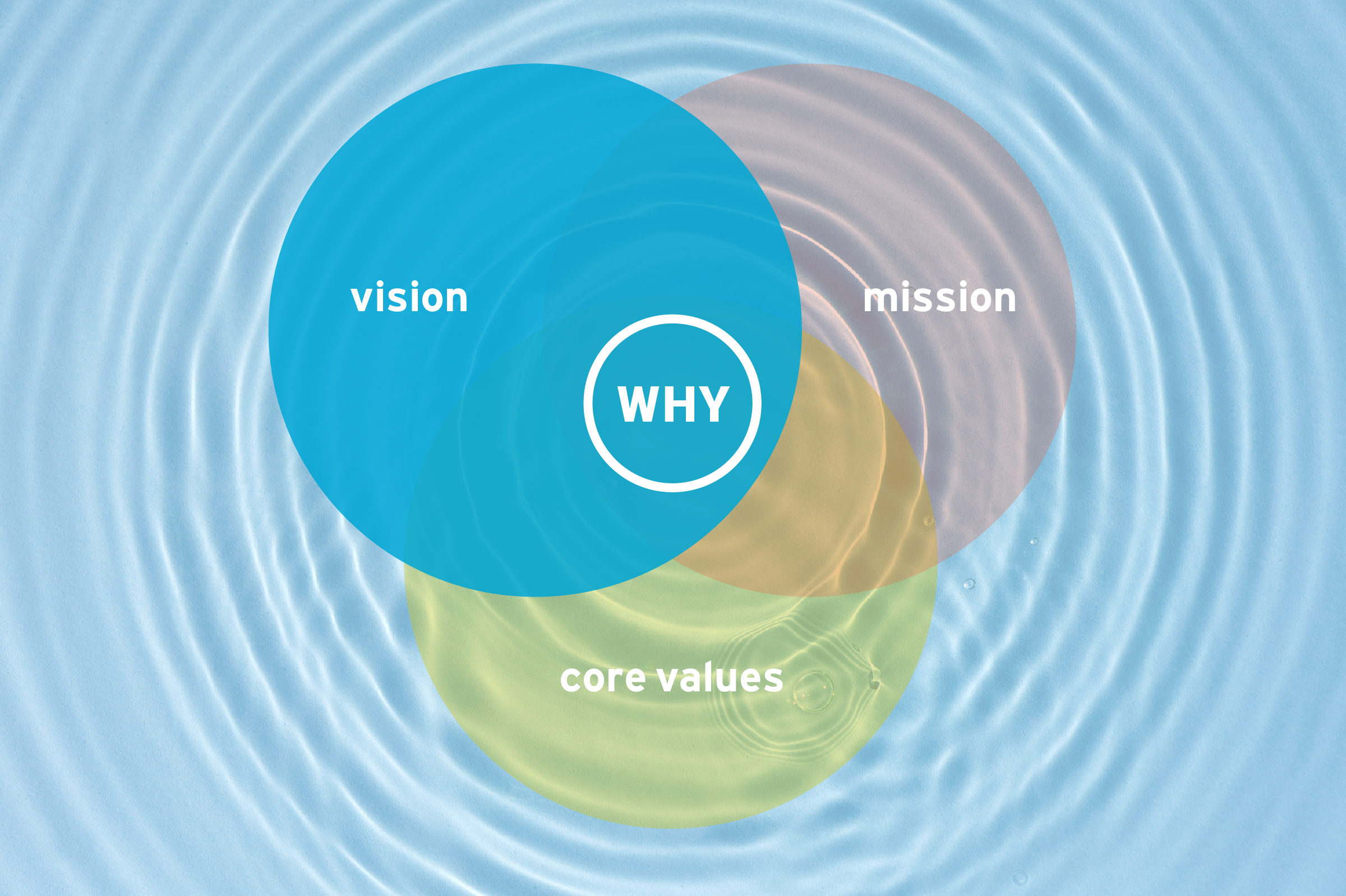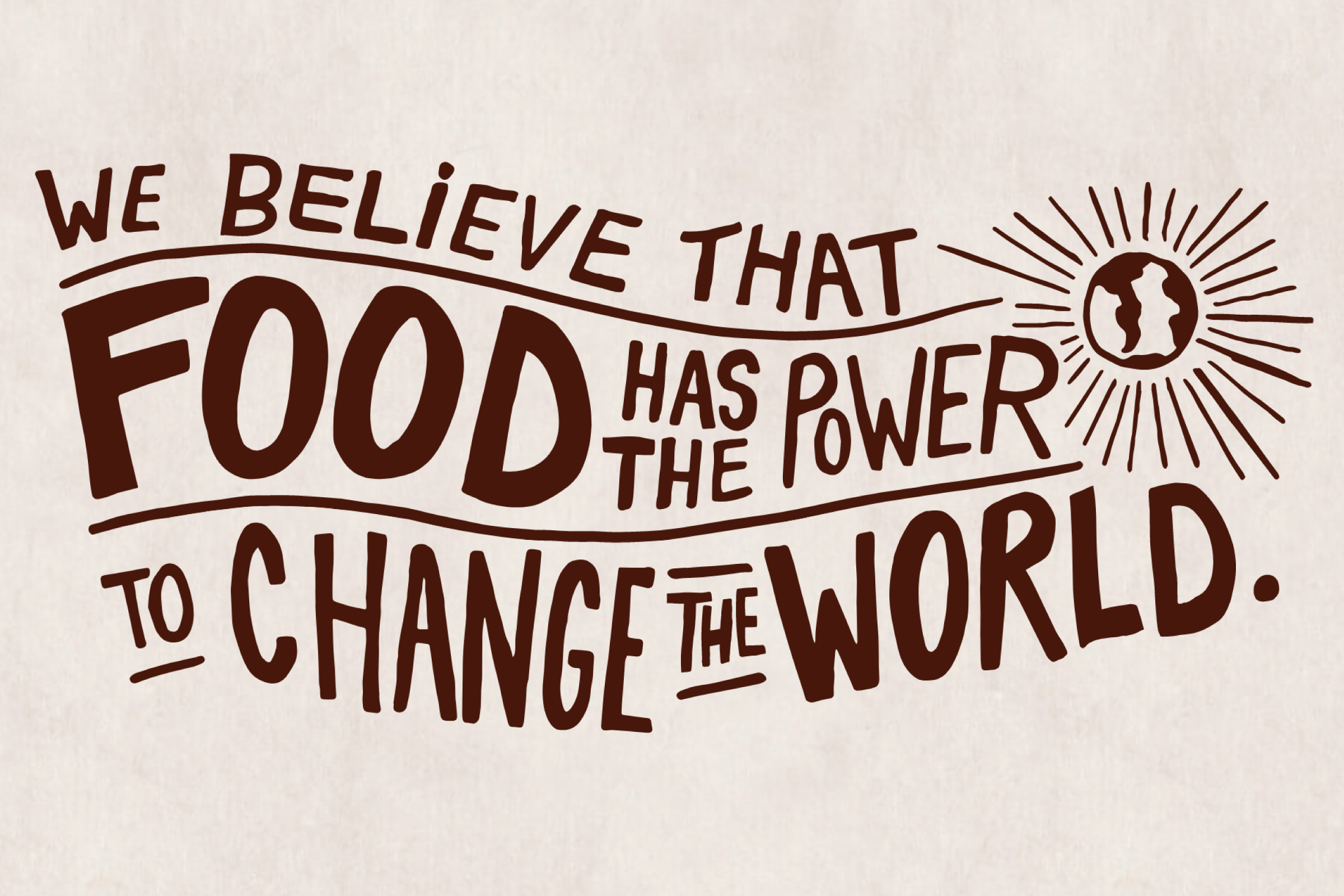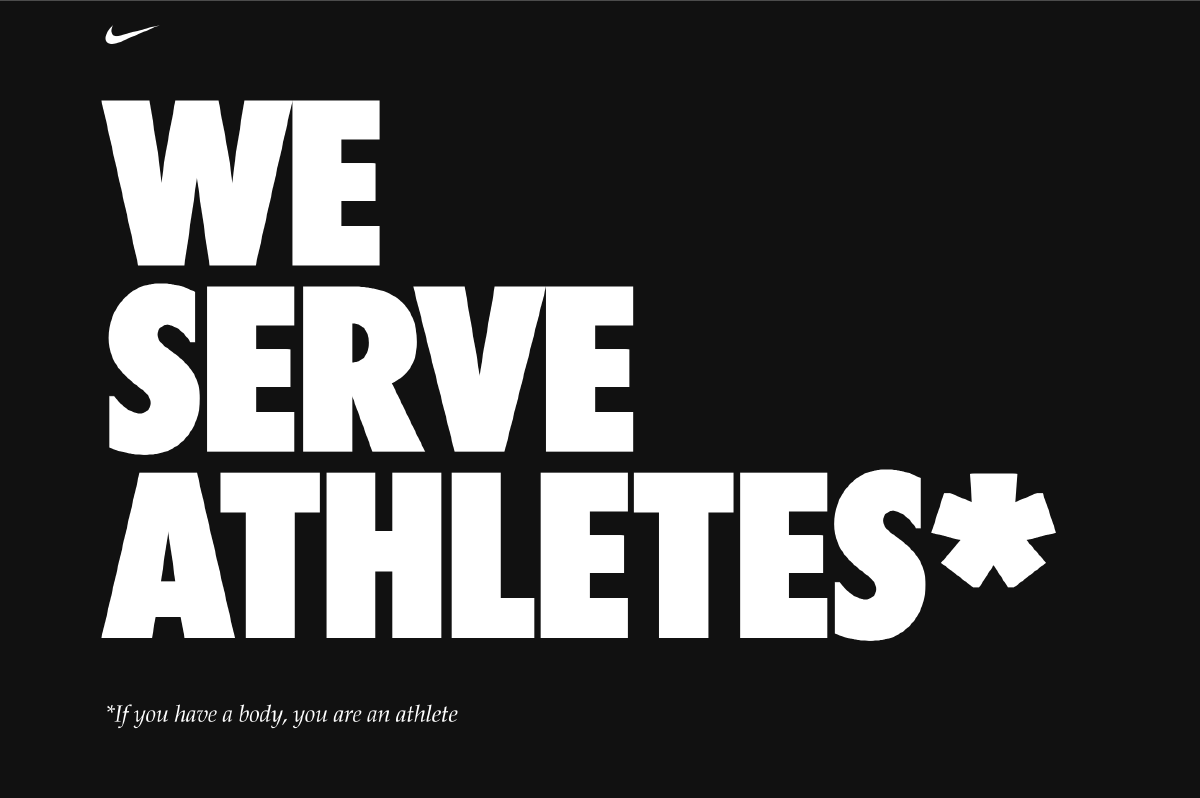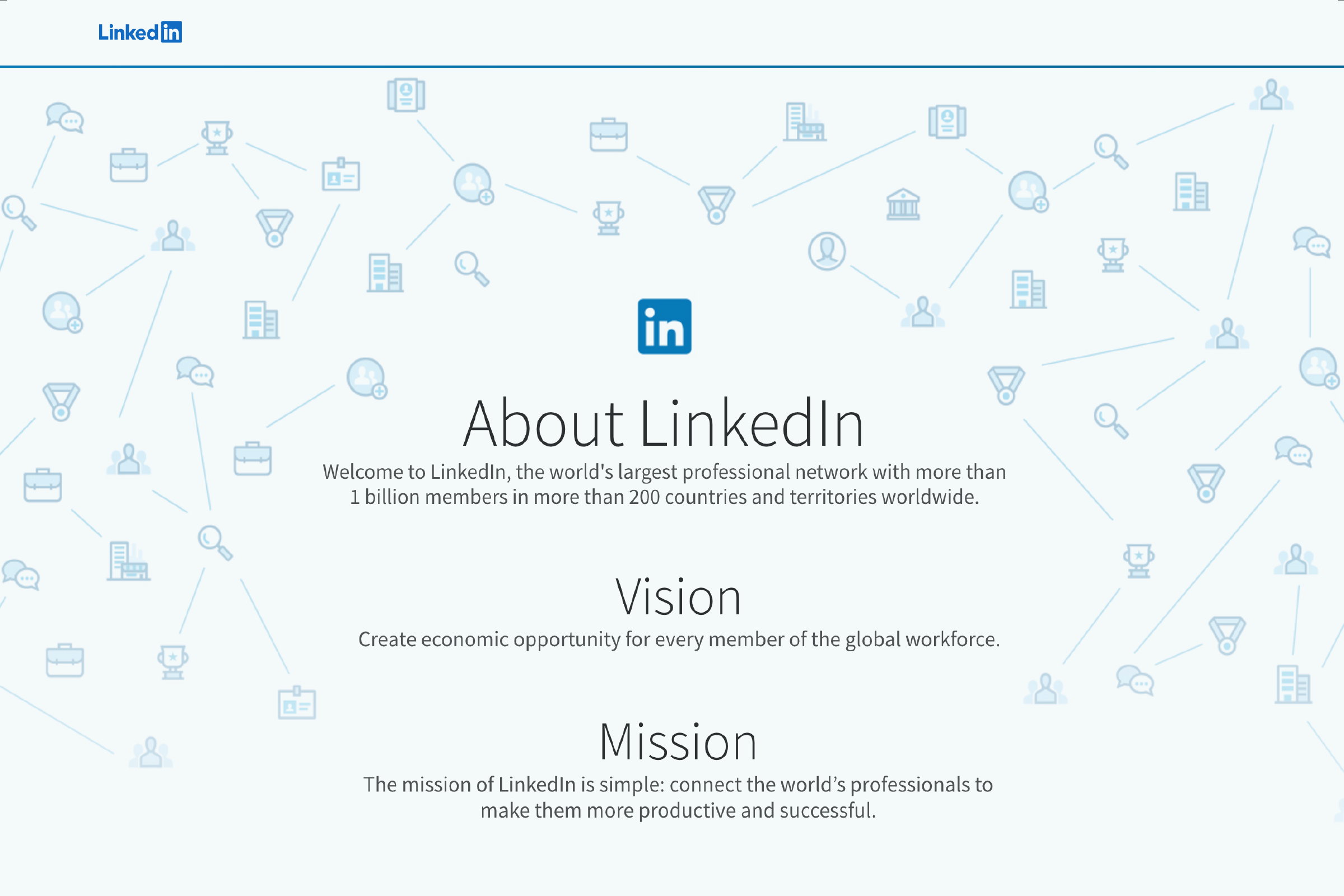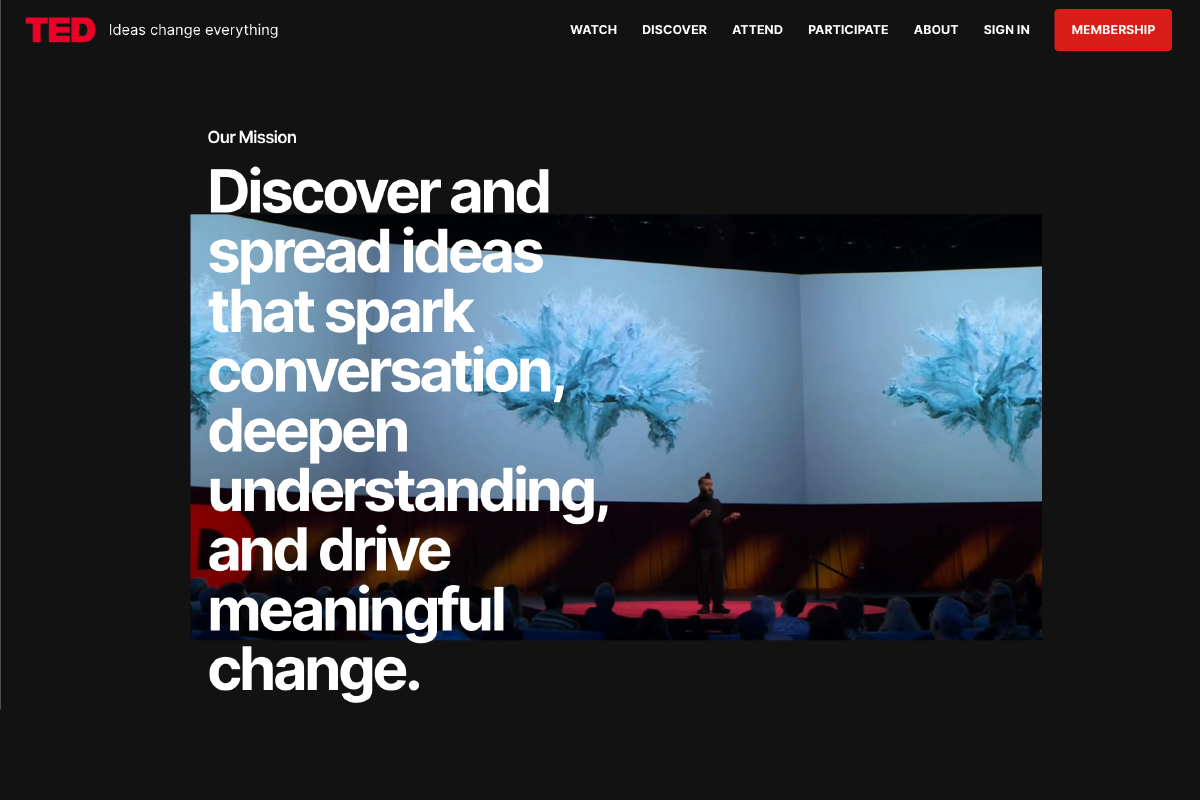Start With Why: Brand Vision
As introduced in Brandology post Values, Vision & Mission
Vision is how we passionately imagine our idea, product, service, expertise, world, or life at its potential best, or believe it can (and should) become — the change we want to be
Our “WHY” is at the center. From there, all else emanates.
Vision Shapes Goals
Vision definition is essential for any business or organization — micro or macro, start-up or established, for-profit or not — and there are many ways to go about it.
Vision Strategy
Vision can be held internally in an organization to inform strategy and guide decisions. It can be also be expressed externally to invite connection, and build loyalty, credibility, and trust.
Vision Presentation
Vision statements should be short and sweet, and are often embedded in a founder bio or an “about” section, or buried on a “careers” page, but they can also be boldly proclaimed (see Chipotle and other examples below).
Chipotle
We believe food has the power to change the world. We do it by being real.
Source: chipotle.com/values
Vision Messaging
Vision statements can range from a rallying cry (“We imagine a world where you can belong anywhere”) to a simple human truth (“Plants make people happy”) to anything in between, see examples following.
Following are communication objectives a vision statement might accomplish. (Note: It may not be possible to fit it all in and still achieve a compelling and concise statement. In which case, prioritize and make the edited point elsewhere.)
- Capture Identity. Real; communicates who you are, what you stand for and do, and how you’re different; aligns with your values and mission
- Establish Leadership. Empowered; highlights how your brand stands out as an innovator, achiever, or influencer in your market
- Express Meaning. Aspirational; speaks to a universal truth, deep human need, or cause larger than yourself
- Nurture Connection. Resonates; tells your story in a way that people can see themselves as part of, and know (understand), like, and trust
- Inspire Action. Compelling; inspires others to work together to achieve a common purpose or goal
- Embody Clarity. Concise; speaks directly with simple, impactful language; quickly and easily understood, and remembered
Our Own Brand’s Vision
There are many ways to define a vision for a business, nonprofit, professional practice, or consultancy, each of which is a different topic and a future post.
For now, visit my Notes From Drydock post In Search of Vision to see the questions I ask as I define CXD’s. And reference the following best-practices examples for ideas.
Best-Practices Examples
Following is a selection of best-in-class examples of outwardly-facing expressed visions of brands in various industries.
Check back often as I am updating this page as statements catch my eye.
Note: These are presented as demonstrations of vision messaging and communication design. It is up to my much-appreciated CSR “watchdog” colleagues to call out these brands if their actions are not consistent with their words.
Airbnb
We imagine a world where you can belong anywhere.
Airbnb’s vision “to create a world rooted in belonging” is supported by an allied nonprofit • airbnb.org
Nike
We serve athletes* *If you have a body, you are an athlete.
Source: about.nike.com
The Sill
Plants make people happy.
NYC-founded flora retailer • thesill.com
Create economic opportunity for every member of the global workforce.
Source: about.linkedin.com
TED
Discover and spread ideas that spark conversation, deepen understanding, and drive meaningful change.
Source: ted.com/about
Note: TED titles this “mission,” but it really is a vision.
•••
Last Updated 12.01.24
This post is an entry in Creative Toolbox • Brandology where we share current best practices and emerging trends that inform Communication By Design solutions for your business, nonprofit, professional practice, or consultancy.
